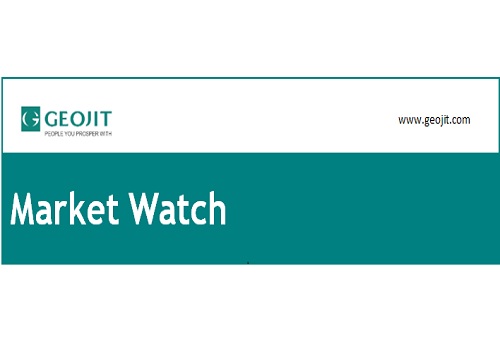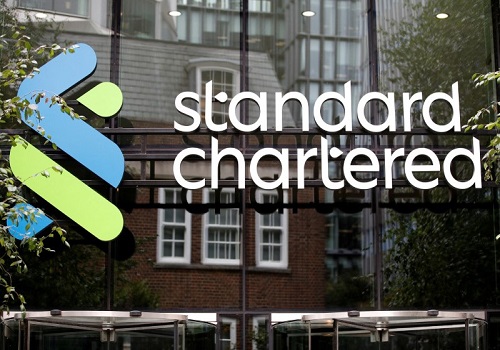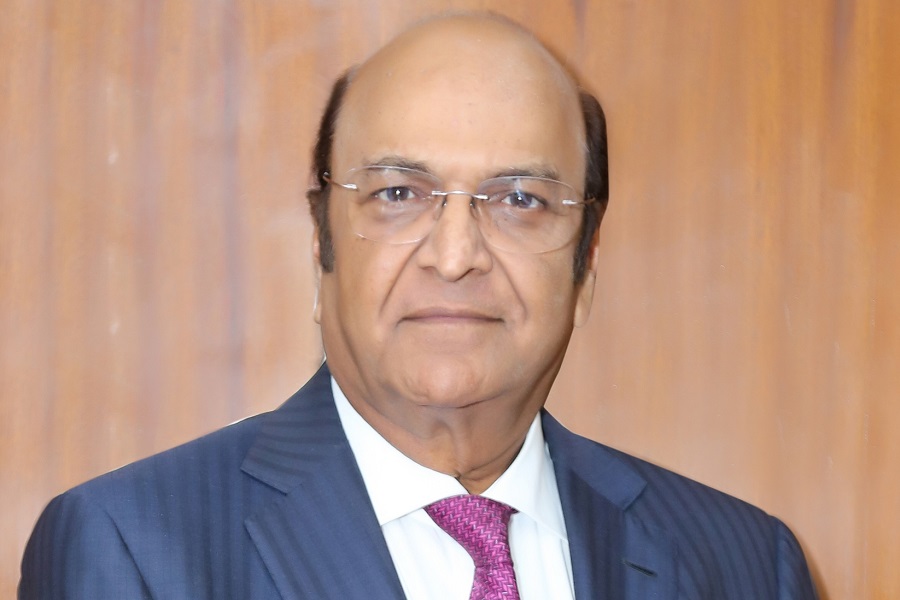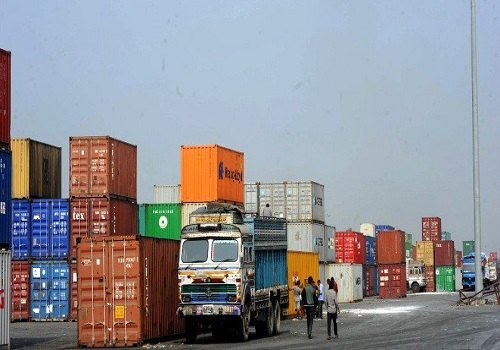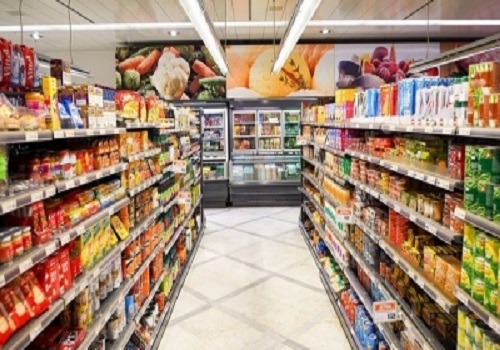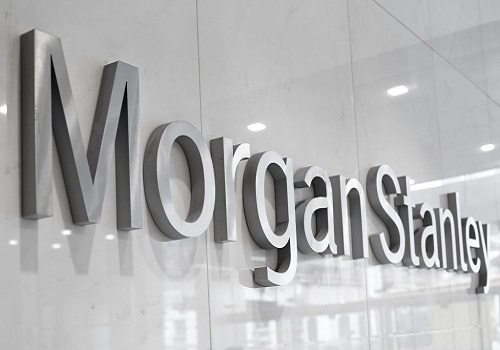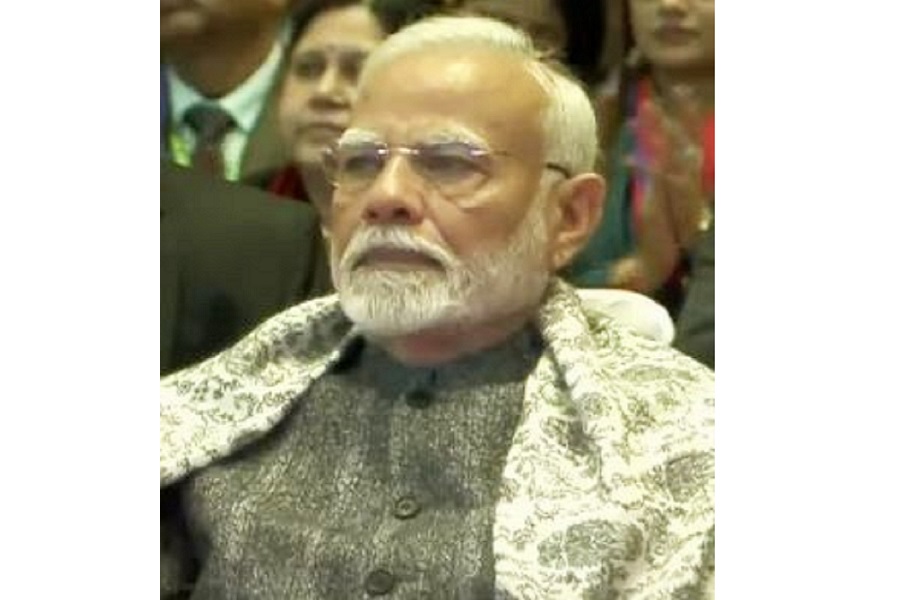Stubbornly high food prices slowing drop in India`s inflation to 4%, Central Bank says
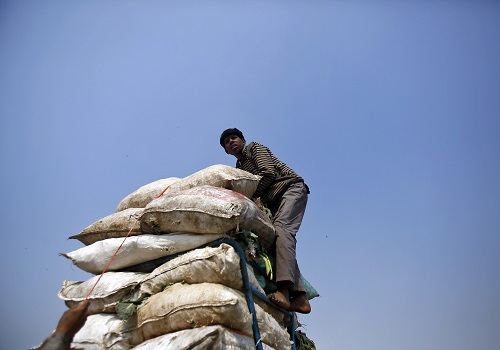
Price pressures in India are ebbing but temporary spikes in food prices are curtailing a swifter fall in headline inflation towards the central bank's 4% target, the Reserve Bank of India (RBI) said in its March bulletin released on Tuesday.
"Inflation is on the ebb; the steady decline in core inflation would have taken down headline inflation towards the target of 4% even sooner and faster, but for the repetitive incidence of short amplitude food price pressures," the RBI said in an article in the bulletin.
Monetary policy has to remain in a risk-minimisation mode, guiding inflation towards the target while sustaining the momentum of growth, it said.
India’s retail inflation was at 5.09% in February as compared with 5.1% in January. Core inflation, which strips out volatile food and energy prices, was estimated at 3.3%-3.4% in February, according to economists.
Inflation readings for January and February indicated that the winter easing of vegetable prices turned out to be "shallow and short- lived", the RBI said.
While global economies are facing geopolitical and extreme weather risks, the Indian economy is experiencing a conducive macroeconomic configuration that can be its launching pad for a step-up in the growth trajectory, the central bank said.
Over 2021-24, the Indian economy's growth has averaged above 8% and the underlying fundamentals indicate that this can be sustained and even built upon, it said.
"The high visibility of structural demand and healthier corporate and bank balance sheets will likely be the galvanising forces for growth going forward."
Aggregate demand in the third quarter of 2023-24 was investment-driven, with some indications of a revival of the private capex cycle, while high frequency indicators point towards continued verve in domestic demand conditions, the RBI said.
Meanwhile, the country's current account deficit is modest and external buffers remain resilient, it said.
